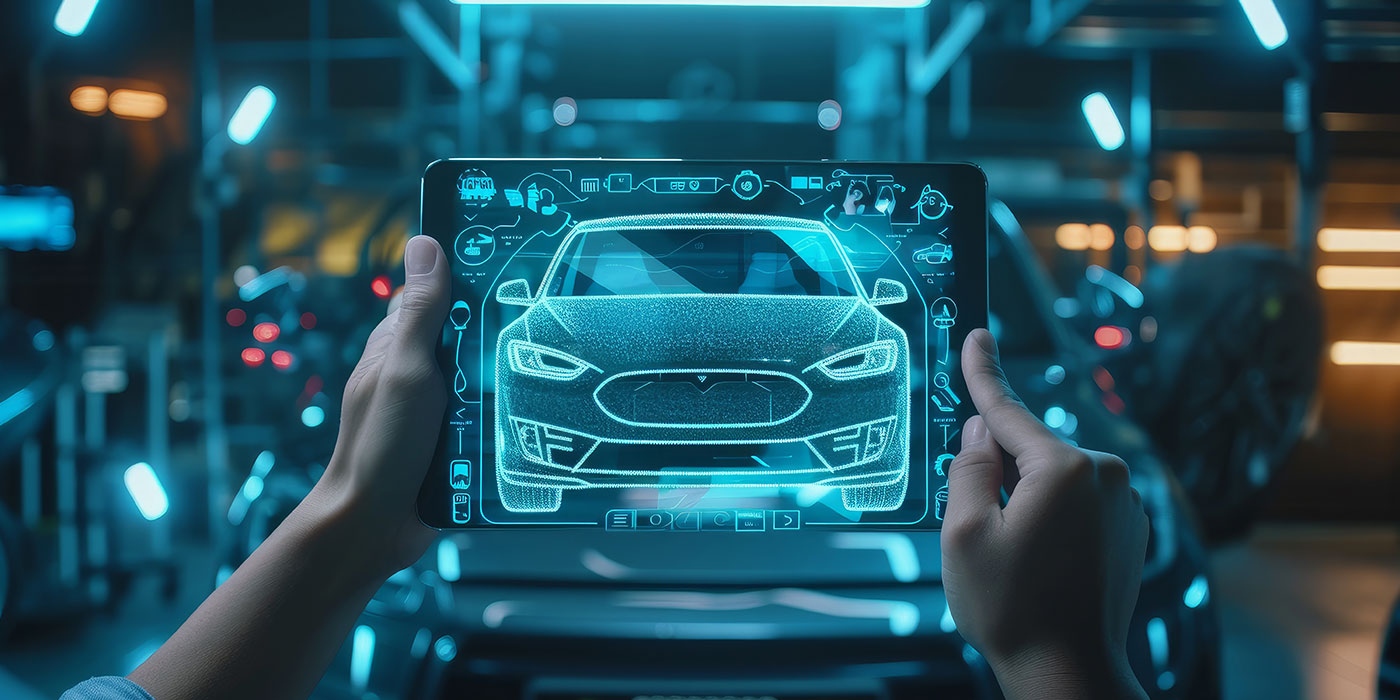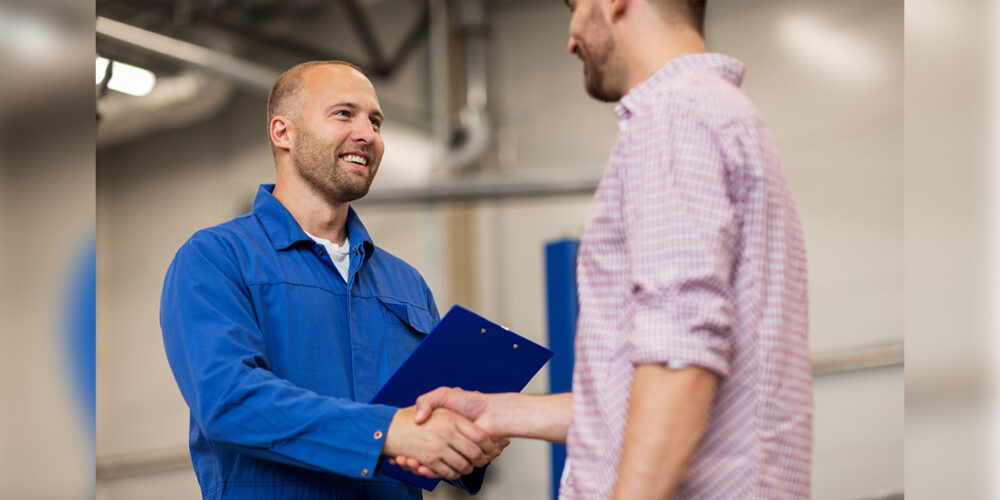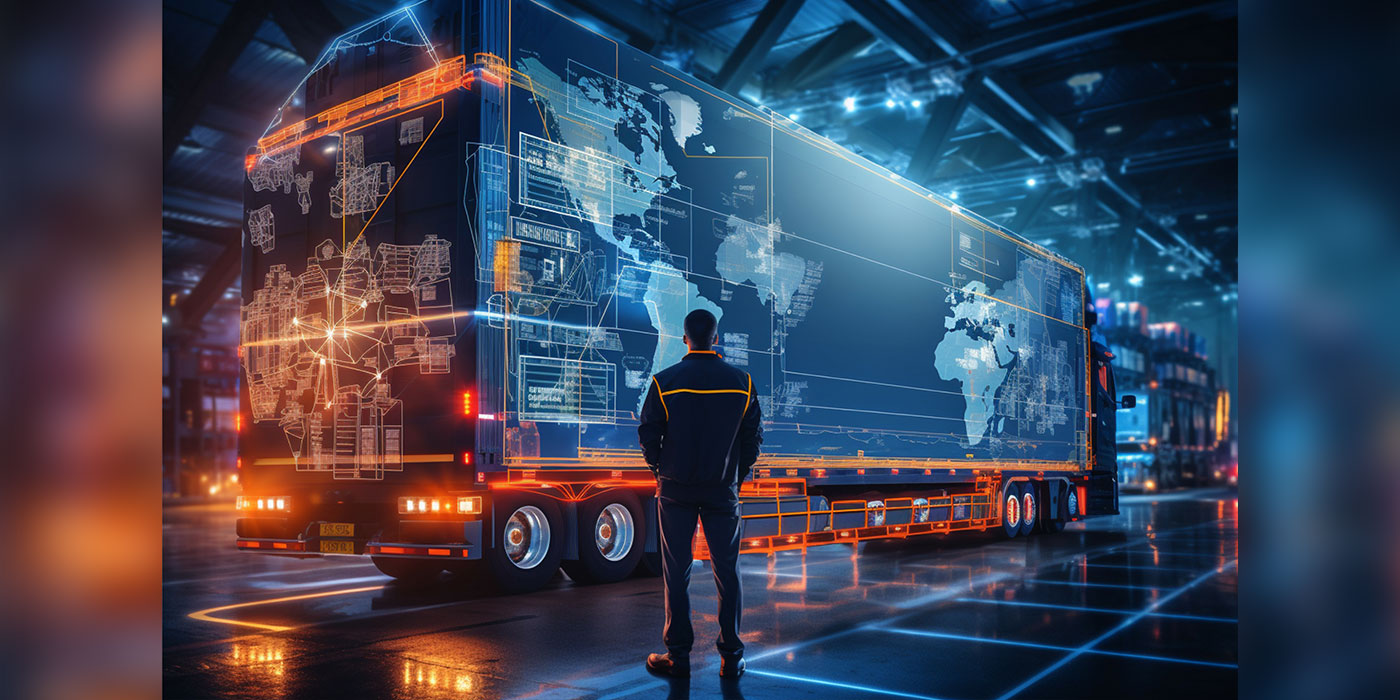More than anything, people crave experiences. Consumers are spending more on traveling, dining out and going to the theater — and less on material goods. Their desire for unique, authentic experiences has fueled the rapid growth of companies like Airbnb. In the restaurant industry, pop-up restaurants, food trucks and experiential dining venues continue to increase in popularity.
Even art museums, which are experiential by nature, are affected by this trend. The Color Factory, a pop-up, interactive art venue in San Francisco, went viral even before it opened its doors and was only scheduled to be open for a couple months. People are especially interested in experiences which have some level of exclusivity, such as those available for a limited time. Tickets for the venue sold out rapidly. And people were willing to pay more for the experience; admission prices were 30 to 40 percent more than other popular art venues.
Many factors are driving this cultural shift. Psychology plays a large part. Research shows that people feel happier for a longer period of time after purchasing an experience, but feel frustrated when purchasing products. People are also less likely to compare experiences than products, which means we are all happier with the experiences we buy, regardless of what we can afford. James Wallman, trend forecaster and author of Stuffocation: Living More with Less, said that, rather than finding satisfaction in having more stuff, people are “finding happiness and status in experiences instead.”
Generational preferences are also a contributing factor. Sometimes referred to as the “Wanderlust Generation,” Millennials prefer to spend money on travel, taking three to four trips annually, rather than spending on big purchases, like homes. The struggling economy, particularly the crash of 2008, had many people questioning the value of material goods as valuable assets like homes suddenly turned into enormous financial burdens.
What does the rising experience economy mean for business? Simply providing a phenomenal product or service is no longer enough. Businesses in all industries, especially purveyors of products, must put the customer experience at the center of their strategies for 2018. Leading brands like Apple and Warby Parker create experiences around their products that elevate them above the competition and connect with customers in a way that builds trust and loyalty.
Get creative and offer memorable, exciting ways for customers to engage with your brand. What else can you offer your customers beyond your product or service? These experiences don’t need to be mind-blowing, either. Small adjustments can go a long way. Domino’s Pizza, for example, has made it easier and more convenient than ever for customers to order a pizza — whether they want to call, text, or email — and they can track their delivery in real time. Customers feel more informed and in control, and they don’t need to worry about dinner tonight, either.
The rise of the experience economy affects all industries, B2C or B2B, no matter the product or service. Especially for large purchases like cars, dealerships need to create better customer experiences if they want to differentiate themselves and earn loyal customers. Experience is especially important in the automotive industry since customers can often choose between multiple dealerships to buy their new car. Sales staff can treat customers as equals and avoid using high-pressure tactics to create a better experience. Car dealers can also learn from Domino’s Pizza. By leveraging technology like online checkout to create an easier and more convenient experience, dealers can stand out amongst the competition, win more customers and build brand loyalty.
As Maya Angelou famously said, “People will forget what you said, people will forget what you did, but people will never forget how you made them feel.” To succeed in the experience economy, dealers need to create authentic, brand-relevant experiences that customers connect with and that makes them feel valued. Sarah Moy














